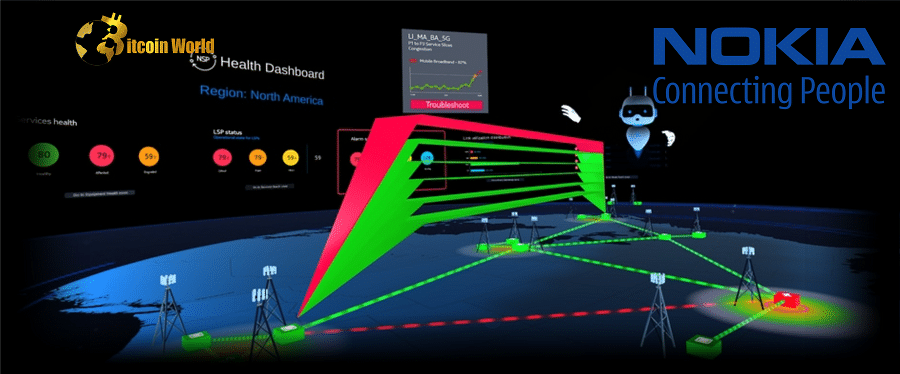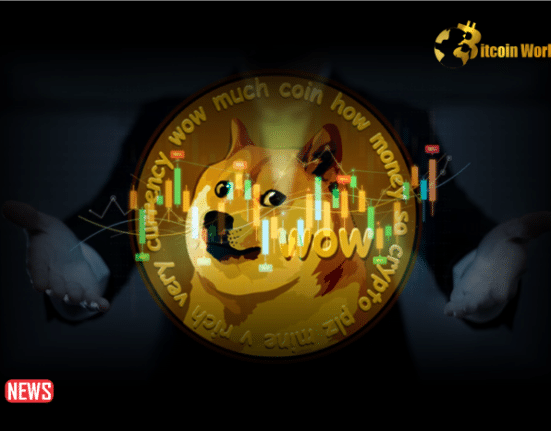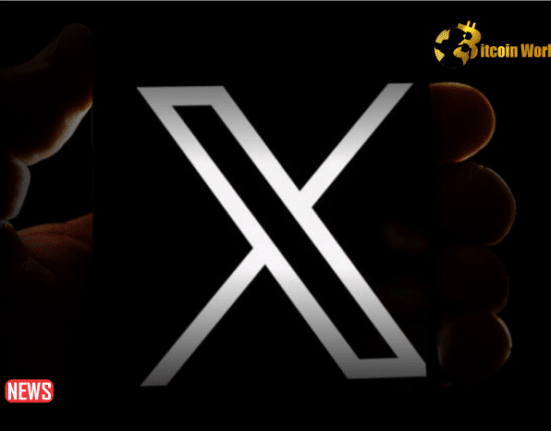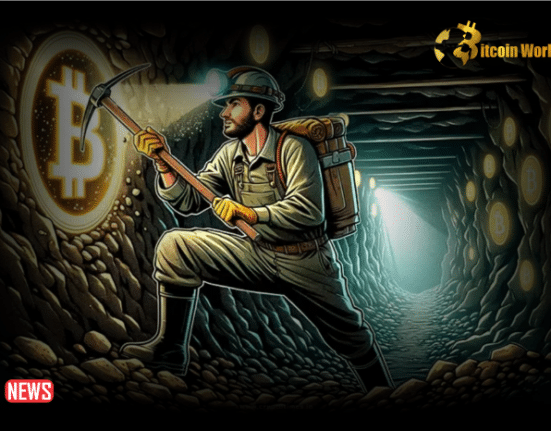Nokia, formerly recognized as a maker of tough mobile phones, has been focusing on building industrial use cases for the metaverse.
Nokia, a telecommunications infrastructure business, has been searching for methods to leverage the metaverse to help workers in faraway areas, from beer factories on opposite sides of the globe to airplane maintenance in inaccessible airports.
Nokia, well known as a maker of consumer mobile handsets, has subsequently shifted its focus to producing technology and equipment that “delivers the internet.”
According to Robert Joyce, chief technological officer of Nokia Oceania, one of those ambitions is delivering the metaverse.
“Last year, Nokia established two laboratories to investigate the Metaverse and the technologies that support it.”
According to Joyce, Nokia began cooperating with an Australian university last year to offer a 5G-connected microbrewery using metaverse technology.
Using augmented reality (AR), researchers from the University of Technology Sydney’s brewery tech lab collaborated with experts from Dortmund University in Germany.
“They really undertake collaborative experiments where they brew beer, adjust the procedure, temperature, timings, quantities, recipes […] and feed back all of that brewing process into the digital twin,” he stated.
“Then they can really replicate brewing in the digital twin so they can perfect the beer in the digital world.”
Meanwhile, Joyce stated that Nokia has been leveraging the metaverse to possibly assist Cessna aircraft maintenance at isolated airports in South Australia.
“We collaborated with a firm that had a virtual Cessna airplane […] You have a Cessna in front of you, and then you have an audio instruction in your ear telling you how to replace the wheel, or change a part on the engine, or anything.” “Joyce stated.
“We have a 5G-connected Microsoft HoloLens and were able to train employees on how to maintain a Cessna in this example using augmented reality.”
Nishant Batra, Nokia’s global chief strategy and technology officer, told the World Economic Forum (WEF) earlier this month that the metaverse will have the greatest immediate impact on sectors rather than the consumer market.
“Ports have begun to use digital twins to track every container on their docks, no matter how deep they are buried in stacks. “Aerospace businesses are creating engines and fuselages in the digital realm to model exactly how an airplane will fly – long before they create its first mechanical element,” said Batra in a WEF op-ed published on January 13th.
Joyce concurred, adding that he doesn’t anticipate the “consumer metaverse” to take off until 2030.
He claims that by next year, the “industrial metaverse” will have five times the income of the consumer or enterprise metaverse.
“The technology isn’t there yet, and it’s clumsy,” Joyce said of currently available consumer metaverse gadgets.
“It’s not the best experience to have a Quest 2 on your head for a couple of hours, and it’s not until people get to the augmented reality wearables that are comfortable [and] mass-produced.”
“We envision a three to five-year lag before we see widespread adoption of consumer virtual reality or augmented reality services.”
When asked how blockchain would play a role in the future of the metaverse, Joyce expressed confidence that the technology will be critical when it comes to payments or asset transfers.
“Clearly, if you desired integrity inside a metaverse, blockchain will play a role,” Joyce said.
“If I was going to buy a house next to Snoop Dogg’s and want to ensure that it couldn’t be lifted and shifted and copied, that’s where blockchain is quite useful in terms of maintaining uniqueness in a digital space.”
Joyce, on the other hand, stated that he does not believe blockchain is required in all applications.
“It’s not a necessary foundation technology for the metaverse, but I’m delighted we have it […] and it will be used in the metaverse,” he said.















